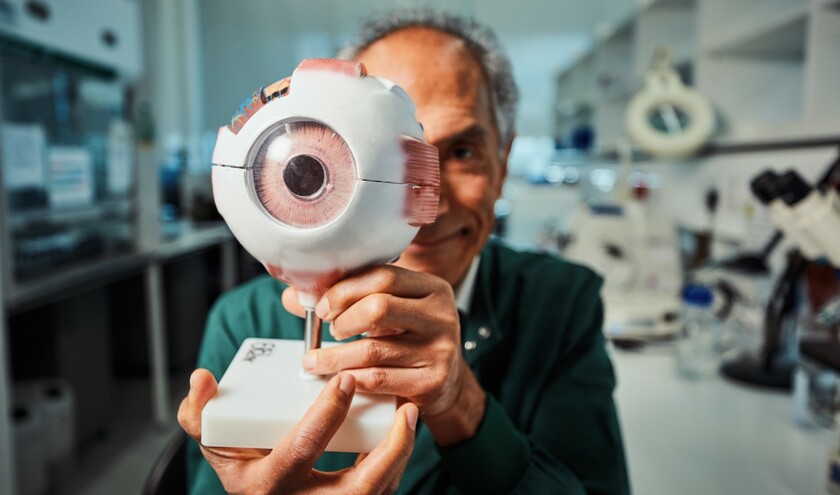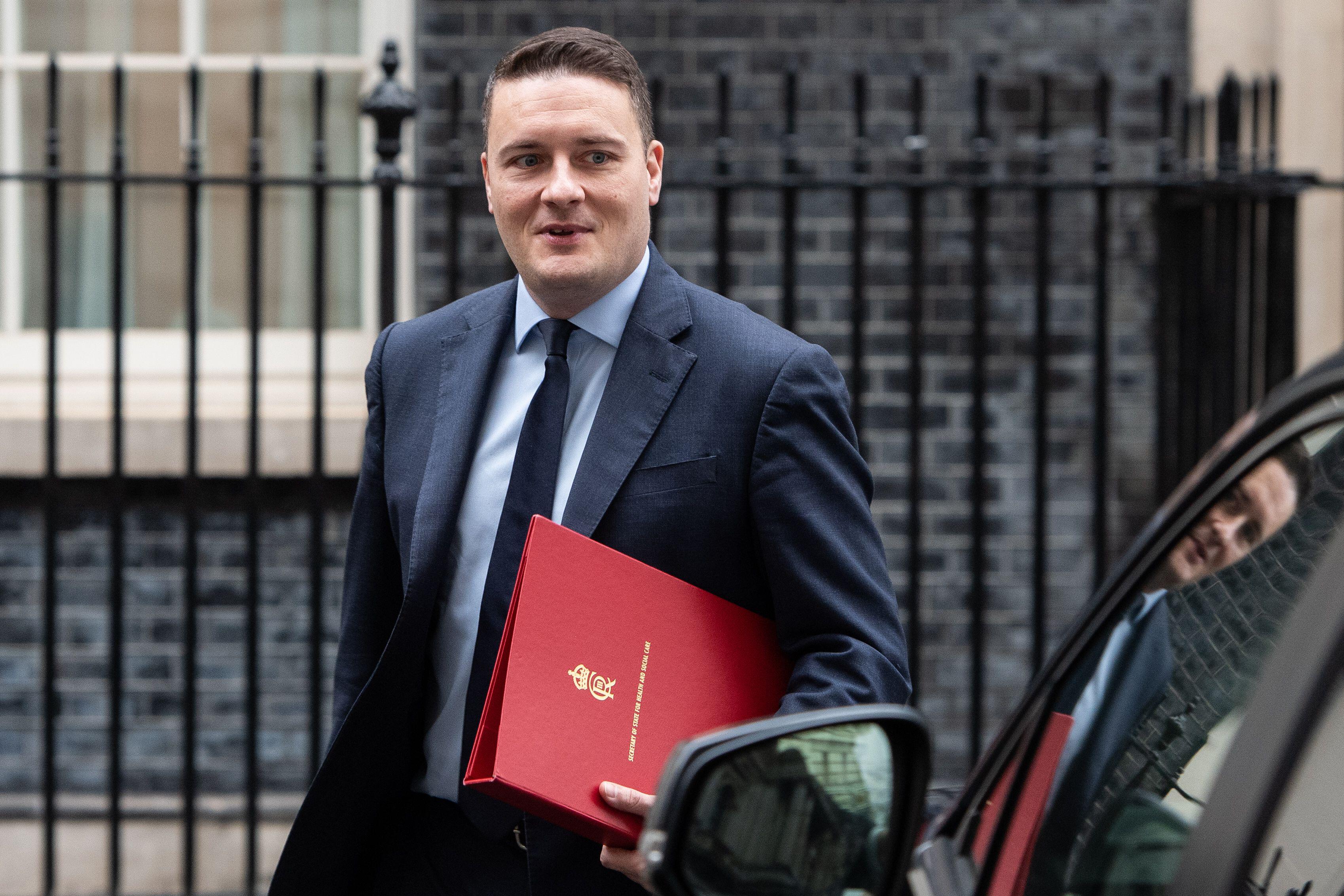The NeurEYE research team, led by the University of Edinburgh, with Glasgow Caledonian University, has collected almost a million eye scans from opticians across Scotland
The scientists will then use artificial intelligence and machine learning to analyse the image data, linked to relevant patient data on demographics, treatment history and pre-existing conditions. This data is anonymised and patients can't be identified, but it allows researchers to find patterns that could indicate a person's risk of developing dementia, as well as giving a broad picture of brain health.
The project is the second funded and supported by NEURii, the global collaboration between pharmaceutical company Eisai, Gates Ventures, the University of Edinburgh, the medical research charity LifeArc and the national health data science institute Health Data Research UK.
Baljean Dhillon, professor of clinical ophthalmology at the University of Edinburgh and NeurEYE co-lead, said: 'The eye can tell us far more than we thought possible. The blood vessels and neural pathways of retina and brain are intimately related. But, unlike the brain, we can see the retina with the simple, inexpensive equipment found in every high street in the UK and beyond.'
Optometrists will be able to use the software subsequently developed as a predictive or diagnostic tool for conditions such as Alzheimer's, as a triage tool to refer patients to secondary health services if signs of brain disease are spotted, and potentially as a way to monitor cognitive decline.
The data will be held in the Scottish National Safe Haven, which provides a secure platform for the research use of NHS electronic data.



